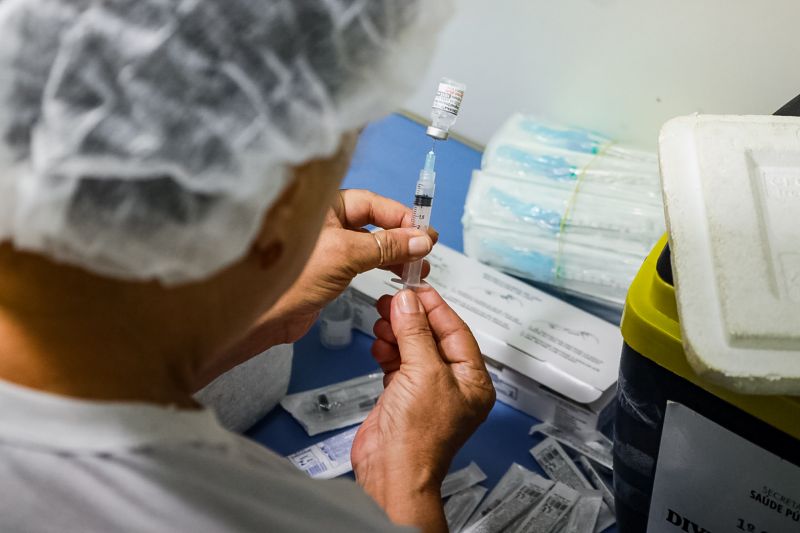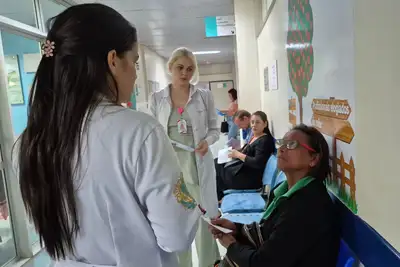Sespa reinforces care for the prevention of viral hepatitis
Vaccination, proper hygiene, use of condoms, and not sharing personal items are among the main forms of prevention
Viral hepatitis is an infection that affects the liver, which can cause mild, moderate, or severe inflammation, caused by viruses A, B, C, D, and E. Often, these infections are silent, meaning they do not present symptoms in the early stages. In Brazil, the most common types are hepatitis A, B, and C.
In commemoration of World Hepatitis Day, celebrated on May 19, the State Coordination of Viral Hepatitis (CEHV) of the State Department of Public Health (Sespa) reinforces the importance of prevention and clarifies how each type of hepatitis can be contracted, aiming to guide the population and reduce the risks of contagion.
According to the state coordinator of Viral Hepatitis at Sespa, Caroline Figueiredo, prevention is essential to avoid serious complications such as cirrhosis, liver cancer, the need for a liver transplant, and even death. She emphasizes that vaccination against hepatitis A — recommended for children — and against hepatitis B — available for the entire population — as well as early diagnosis of hepatitis B and C, are fundamental measures in combating the disease.
Among the recommended precautions are the use of internal and external condoms during sexual relations, proper hand hygiene, cleaning fruits and vegetables, and not sharing personal items such as toothbrushes, razors, manicure tools, and sharp instruments. Contact with contaminated blood should also be avoided.
The coordinator also emphasizes that vaccines against hepatitis A and B are available at all Basic Health Units (UBS) in the 144 municipalities of Pará. Rapid tests for hepatitis B and C are also offered for free.
“The results are ready in about 20 minutes. In case of a positive result, the person is immediately referred for follow-up and free treatment at the Specialized Care Services (SAE) for HIV/Aids and Viral Hepatitis, present in all health regions of the State,” explains Caroline.
Epidemiological data - According to data from the Notification Diseases Information System (Sinan NET), Pará recorded 868 cases of viral hepatitis in 2024, including 25 of type A, 493 of type B, and 350 of type C. In 2025, up to May 5, 185 cases have already been recorded: 5 of hepatitis A, 102 of hepatitis B, and 78 of hepatitis C.
Vaccination - The hepatitis A vaccine is recommended for children up to 4 years, 11 months, and 29 days, and is available at all health units. The hepatitis B vaccine is offered to the general population, administered in three doses to ensure immunization.
Health Promotion - Through the State Coordination of Viral Hepatitis, in partnership with the Regional Health Centers (CRSs) and the Municipal Health Departments (SMSs), Sespa has intensified continuing education actions aimed at professionals in the Health Care Network (RAS). These actions include training and workshops on the care line for viral hepatitis, with an emphasis on types B and C.
Additionally, the department strengthens the care network by distributing supplies and expanding access to rapid testing, including in urban, rural, and riverside areas. Vaccines, tests, and prevention actions are part of an integrated approach, aligned with the concept of combined prevention.
With these initiatives, Sespa reaffirms its commitment to the qualification of health services and to efficient public management, focused on the real needs of the Pará population.
Text: Suellen Santos - Ascom/Sespa










